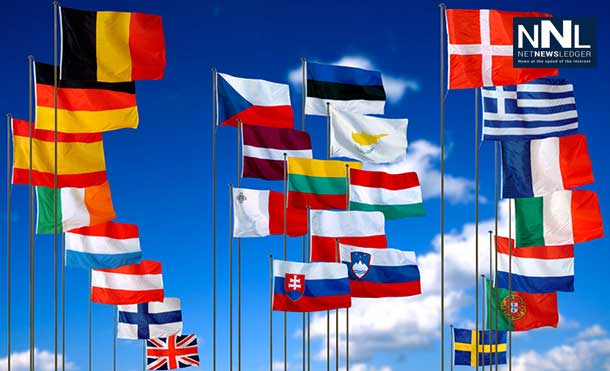 by Zsuzsanna Jakab | World Health Organisation
by Zsuzsanna Jakab | World Health Organisation
We must stop perpetuation of death and ill health by improving living conditions and building a sustainable future
The time has come for Europe and the world to tackle the 21st century’s unavoidable challenge: to address the persistent, multiple effects of the environment on our health. Business as usual is no longer an option. While a lot has been achieved, the outcomes are not commensurate to the interventions and there remains a tragic and unnecessary toll in deaths and diseases across the larger Europe.
Each year, at least 1.4 million Europeans die prematurely from polluted environments; that is at least 15% of total deaths in Europe. Around half of these deaths – 620,000 – are due to outdoor and indoor air pollution; while inadequate water, sanitation and hygiene account for 14 deaths a day. Chemical pollution, noise, occupational risks, and injuries make more victims. Altogether, European citizens lose annually 50 million years of healthy life from environmental risks.
The environmental fraction of non-communicable diseases, which are responsible for 80% of deaths and diseases in Europe, is substantial. One in four people suffer from ischaemic heart disease or strokes not due to their lifestyle, but to the place where they live. Some of them will suffer more as they live in less affluent countries or in poor neighborhoods. These are not numbers that can be ignored; especially as most of these deaths and diseases are preventable.
Any sense that Europe and the developed world can remain isolated from ecosystem harm generated by its activity and exported further afield is likely to prove illusory. Production cycles are linked now more than ever, with waste and pollution imported and exported between countries and regions in a globalized World. No country is absolved of its responsibility to safeguard, together with others, the only planet that we have and save it for the future generations from climate change and from exceeding planetary boundaries.
We can and must stop this perpetuation of death and ill health by improving living conditions and building a sustainable future on this planet.
Not only more is needed, but different and better targeted. Tackling environmental risks to health to meet the new goals of the 2030 Agenda for Sustainable Development will require unprecedented collaboration, alignment and effort across all governmental levels and sectors. Countries have to strategically streamline beneficial environment and health policies across their SDG priorities.
This means investing in health promoting and smart, green urban planning and sustainable transport systems, including public transportation, cycling lanes, pedestrian zones and green spaces. It also means developing new and adopting latest technologies, for example, in energy generation, water reuse, waste management, elimination of informal waste collection and reducing the environmental footprint of the health sector. This is even truer in cities where 8 out of 10 people will be living by 2030, when the Sustainable Goals are expected to be reached.
All of these measures together drive progress to SDGs with a multiplying effect. As just one example, expanding urban green spaces supports “life on land” (SDG 15) while building sustainable and resilient communities (SDG 11) and supporting Good Health and Well-Being (SDG 3) by encouraging active mobility and reducing air pollution. The concept that “no one will be left behind” also underpins the entire SDG process, committing the agenda to address inequalities wherever they exist between and within nations.
To meet the new global targets, Europe’s leaders will need to emphasize environmental interventions with a human health focus. We need to think and act globally, in concert with the rest of the world. We must continue to set an example in the advancement towards global goals, minimizing harm to citizens and the environment no matter where it occurs and acting as a catalyst for change by taking action at home.
The Sixth Ministerial Conference on Environment and Health is taking place 13-15 June in Ostrava, Czech Republic. It will bring together 53 Member States of the WHO European Region to sign a Ministerial Declaration and adopt an action plan. Participants also include delegations from other regions including countries from the Americas, the Eastern Mediterranean Region and the Western Pacific, stakeholders, nongovernmental organizations and youth representatives.
Dr Zsuzsanna Jakab is the director of the World Health Organization’s Regional Office for Europe http://www.euro.who.int/en/about-us/regional-director/biography
